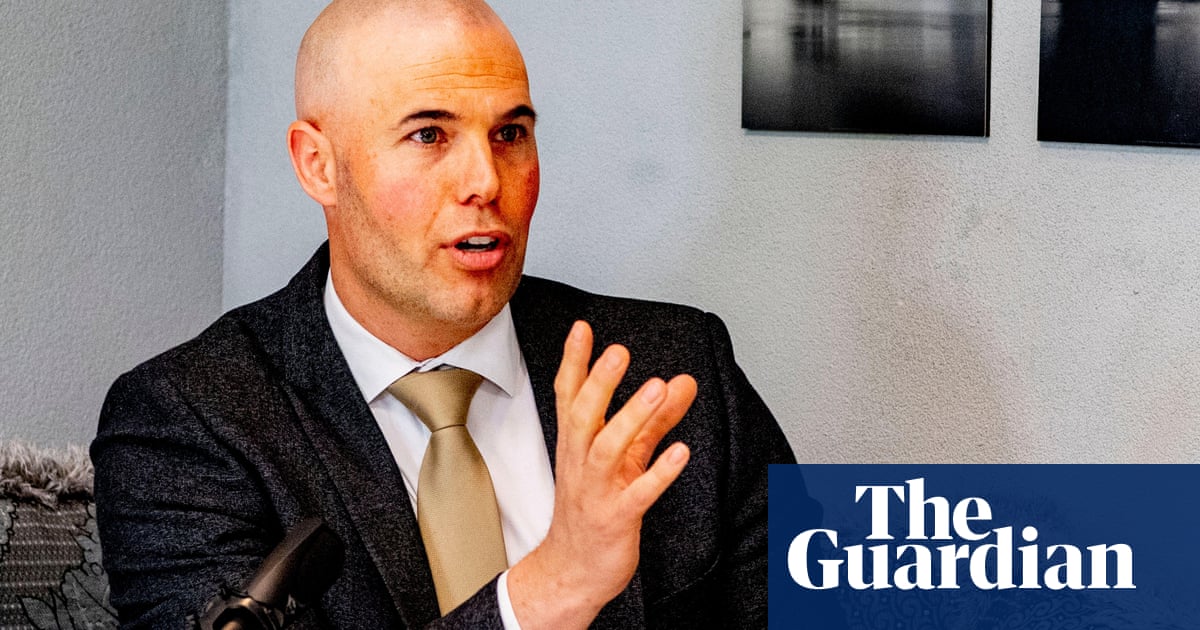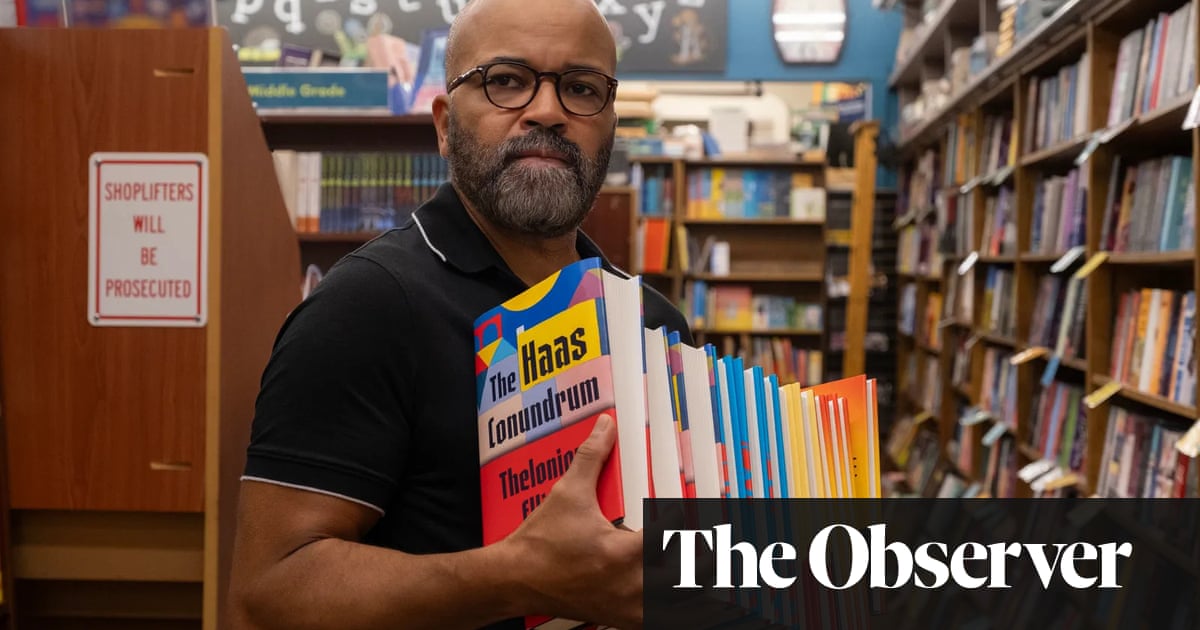
aking his celebrated return from exile in April 1917 to take up the reins of the Russian revolution, Vladimir Lenin caught a ferry to Sweden from Sassnitz, a small Baltic coastal town in north-east Germany, before taking the train to Finland station in Petrograd, the city that became Leningrad and is now St Petersburg. Sassnitz’s moment in the historical spotlight was fleeting. Now, thanks to Donald Trump’s blundering buddies, it’s back there again.
A trio of Republican senators – Ted Cruz, Tom Cotton and Ron Johnson – are threatening to wreak terrible punishment on Sassnitz, its elected officials and residents who make their living from the port. Luckily, Trump’s three stooges seem unaware of Sassnitz’s role in propelling the Bolshevik leader to power. Their beef concerns its present-day dealings with Russia and the almost-completed Nord Stream 2 Baltic pipeline project.
In an extraordinarily high-handed letter this month, the senators claimed the pipeline, which will import Russian natural gas to Europe via Germany, posed a “grave threat” to US security. If Sassnitz did not immediately halt its involvement, it would incur “crushing legal and economic sanctions” that could prove “fatal” to the region’s economy, they decreed. Sassnitz companies, shareholders and employees would face US government-ordered asset freezes and travel bans similar to North Korea and Iran.
The US has long opposed Nord Stream 2, arguing it will increase Europe’s dependence on Russia. Berlin has long resisted such claims, saying it alone determines national policy, in conjunction with the EU. What the feet-first intervention of Cruz and his arrogant cronies has done is turn the issue into another full-on US-Europe confrontation.
The reaction in Sassnitz and beyond is predictably furious. The Americans are accused of treating Germany more like an enemy, or a colony, than an ally. Foreign minister Heiko Maas said such behaviour reflected basic “disrespect” for European rights and sovereignty. The EU’s foreign policy chief, Josep Borrell, expressed “deep concern at the growing use of sanctions, or threat of sanctions, by the US against European companies and interests”.
Chancellor Angela Merkel’s relations with Trump were already icy after years of presidential insults and, more recently, his perverse decision to cut US troop numbers in Germany – a key part of Nato defences against Russia. Now the row risks rekindling broader resentment over Trump’s tariff wars, climate crisis denial, and efforts to divide the EU by wooing conservative eastern states.
America’s increasing resort to bullying and intimidation of old friends in place of reasoned persuasion was highlighted by another showdown last week, over Iran. US secondary sanctions have hurt European companies trading with Tehran but have failed, so far, to break the joint German-French-UK commitment to the 2015 nuclear deal jettisoned by Trump. So when the US sought to reimpose sanctions on Iran at the UN, it was roundly rebuffed.
Secretary of state Mike Pompeo reacted with a classic Trumpian tantrum. Europe was “siding with the ayatollahs,” he snarled. Kelly Craft, US ambassador to the UN, was every bit as offensive, absurdly accusing America’s most steadfast allies of “standing in the company of terrorists”. The fact Trump’s Iran policy has demonstrably backfired, pushing the Middle East closer to war, and Iran closer to a nuclear weapon, does not seem to matter.
Spare a thought at this point for put-upon Dominic Raab, Britain’s foreign secretary. Raab was in Jerusalem last week, bravely attempting to put a two-state solution for Israel-Palestine back on the table following the best efforts of Trump and Israeli prime minister Benjamin Netanyahu to bury it. Instead, he got a humiliating public dressing-down from Netanyahu and fellow ministers over Iran. This was rude and disrespectful. Sadly, their uncouth behaviour reflects Britain’s growing irrelevance.
Achieving a two-state solution is another big area of US-Europe disagreement. Yet similar difficulties arise on other key issues. Despite its desire to “save” Europe from the Russians (and sell it expensive gas from Cruz’s home state of Texas instead), Trumpland has shown a dismaying lack of concern over the plight of Alexei Navalny, the poisoned Russian opposition activist.
Be it the conflicts in Ukraine, Syria and Libya, or the uprising in Belarus, hands-off Trump has gone out of his way to avoid upsetting Russian president Vladimir Putin, to whom he seems in thrall. These are important matters affecting Europe’s security, prosperity and principles, yet scant solidarity, and often the exact opposite, is what it has come to expect from Trump’s America.
What to do? EU leaders can hope Joe Biden wins in November. But what if Trump triumphs again? Europe can expect more sanctions, selfish stupidity and brutishness where US foreign policy used to be. It would face a second-term president hostile to Germany in particular, contemptuous of the EU in general, and free to indulge his destructive instincts to the full. Nato and the transatlantic alliance might finally implode under the strain.
Even if that’s avoided for now, the possibility of such a nightmare in future is a compelling argument for strengthening Europe’s shared security, military and technological capabilities – and its protections against Sassnitz-style economic and financial blackmail. French president Emmanuel Macron urges greater EU integration, ambition and urgency, but Merkel and others are wary. Yet as Sophia Besch of the Centre for European Reform argued recently, Europe must be able to defend its geopolitical interests.
Call it “strategic autonomy”. Or simply call it survival. In a world where once trusted friends join the ranks of the predators, soft power is not enough.
Europe will not curb the depredations of major global players until it becomes one itself. Europeans must stand together. What an utter tragedy that Britain chose this dangerous moment to fall apart.












